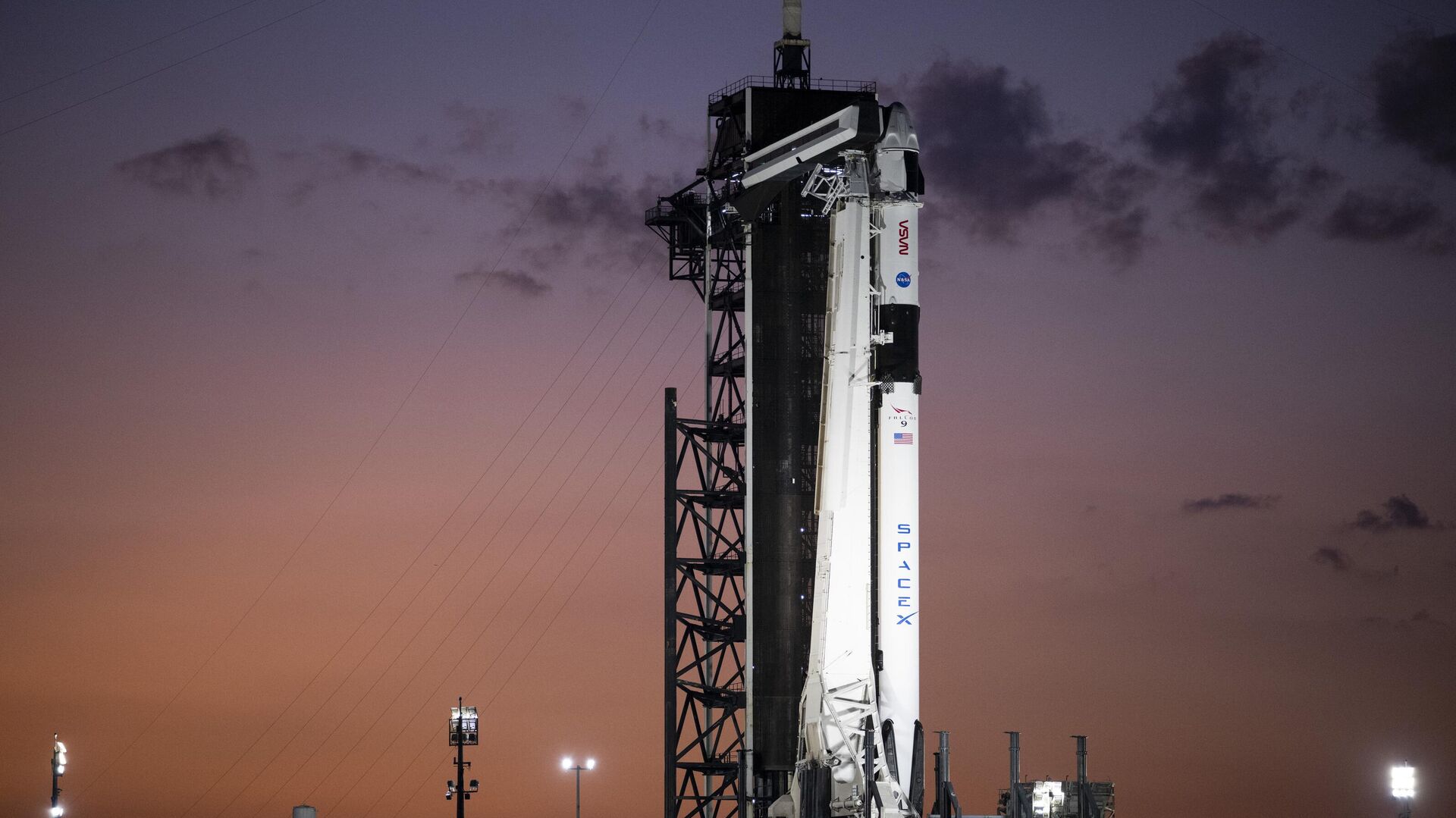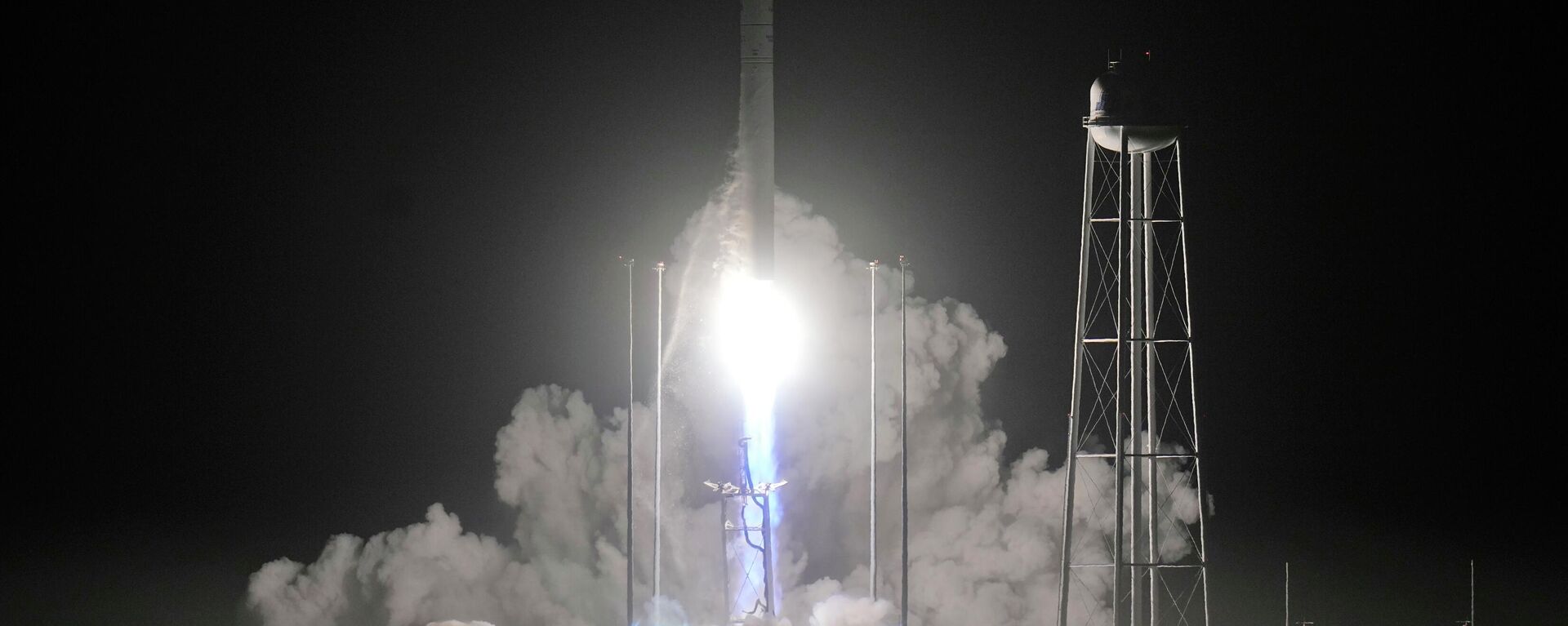https://en.sputniknews.africa/20230414/first-kenyan-satellite-launch-postponed-for-fourth-time-1058607426.html
First Kenyan Satellite Launch Postponed for Third Time
First Kenyan Satellite Launch Postponed for Third Time
Sputnik Africa
Taifa-1, or "one nation" in Swahili language, is expected to be Kenya's first operational earth observation satellite.
2023-04-14T17:26+0200
2023-04-14T17:26+0200
2023-04-14T20:12+0200
sub-saharan africa
kenya
satellites
space
east africa
https://cdn1.img.sputniknews.africa/img/07e7/04/0e/1058609754_0:0:3193:1796_1920x0_80_0_0_8a278b4b43b8fda5ee8d8f0f097c5370.jpg
The launch of Kenya's Taifa-1 satellite has been further postponed to April 15 due to unbalanced weather conditions. It is the third time that SpaceX, which is responsible for propelling the apparatus into orbit, has tried to launch, the company stated on Friday.According to the statement, the launch was posponed due to severe space winds that would prevent the rocket from landing in the proper orbit. The launch was originally scheduled to occur on April 11 from the Vandenberg Base in California aboard a Falcon-9 rocket owned by Elon Musk's firm, along with 50 other satellites on board.The satellite was developed and designed by a group of nine Kenyan engineers from the Kenya Space Agency (KSA) at a cost of KSh 50 million (about $372,000) and manufactured at Endurosat in Bulgaria. When in orbit, the TAIFA-1 satellite will process satellite photos that decision-makers will use to solve a variety of concerns impacting the nation, including agriculture, food security, national resource management, and the blue economy.In 1998, Egypt became the first nation in Africa to launch a satellite into orbit. Kenya's first experimental nanosatellite was launched from the International Space Station in 2018. According to Space in Africa, 48 satellites were produced by at least 13 African nations as of 2022. Ethiopia, Angola, South Africa, Sudan, and other nations are among them.
https://en.sputniknews.africa/20221108/1058609129.html
kenya
space
east africa
Sputnik Africa
feedback@sputniknews.com
+74956456601
MIA „Rossiya Segodnya“
2023
News
en_EN
Sputnik Africa
feedback@sputniknews.com
+74956456601
MIA „Rossiya Segodnya“
Sputnik Africa
feedback@sputniknews.com
+74956456601
MIA „Rossiya Segodnya“
kenyan satellite, first kenyan space satellite, african space programs, taifa-1 satellite,
kenyan satellite, first kenyan space satellite, african space programs, taifa-1 satellite,
First Kenyan Satellite Launch Postponed for Third Time
17:26 14.04.2023 (Updated: 20:12 14.04.2023) Kirill Kurevlev
Managing Editor
Taifa-1, or "one nation" in Swahili, is expected to be Kenya's first operational earth observation satellite. Its launch was initially scheduled to take place on April 11 at the Vandenberg Base in California on board the SpaceX Falcon-9 rocket.
The launch of Kenya's Taifa-1 satellite has been further postponed to April 15 due to unbalanced weather conditions. It is the third time that SpaceX, which is responsible for propelling the apparatus into orbit, has tried to launch, the company
stated on Friday.
According to the statement, the launch was posponed due to severe space winds that would prevent the rocket from landing in the proper orbit. The launch was originally scheduled to occur on April 11 from the Vandenberg Base in California aboard a Falcon-9 rocket owned by Elon Musk's firm, along with 50 other satellites on board.
The satellite was developed and designed by a group of nine Kenyan engineers from the Kenya Space Agency (KSA) at a cost of KSh 50 million (about $372,000) and manufactured at Endurosat in Bulgaria. When in orbit, the TAIFA-1 satellite will process satellite photos that decision-makers will use to solve a variety of concerns impacting the nation, including agriculture, food security, national resource management, and the blue economy.
Launch delays are far from rare in the industry. A successful launch of a spacecraft is influenced by many factors, whether it be the weather on the ground and outside the atmosphere, the detection of problems at the last moment, and various changes in the near space and the orbit.
In 1998, Egypt became the first nation in Africa to launch a satellite into orbit. Kenya's first experimental nanosatellite was launched from the International Space Station in 2018. According to Space in Africa, 48 satellites were produced by at least 13 African nations as of 2022. Ethiopia, Angola, South Africa, Sudan, and other nations are among them.


